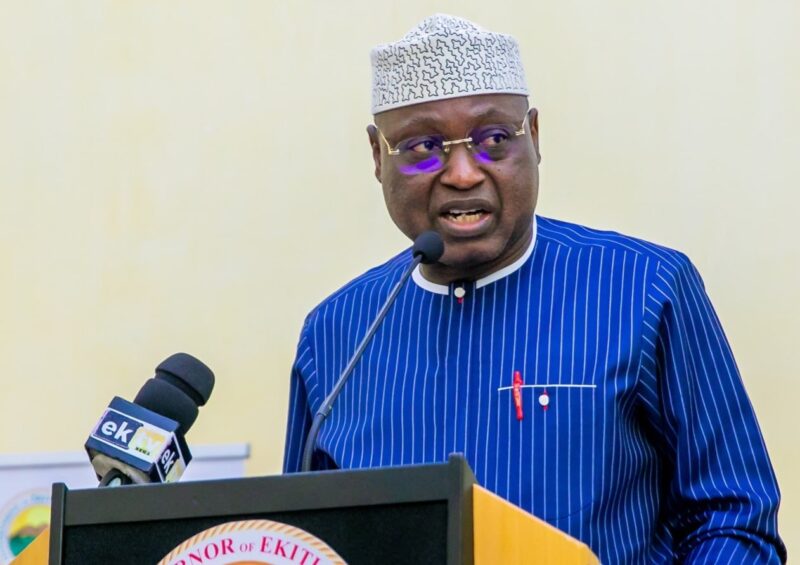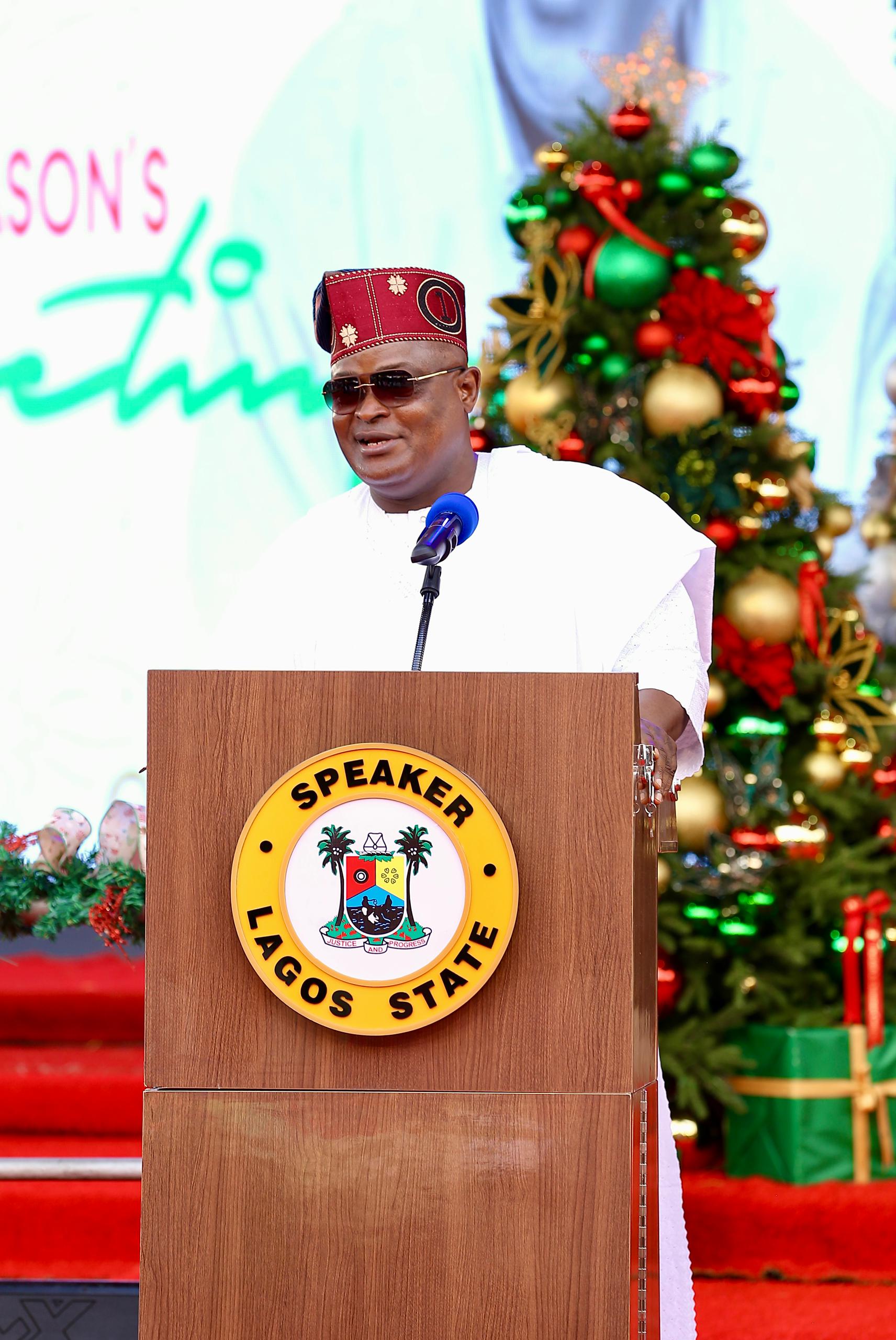The Chartered Institute of Bankers of Nigeria (CIBN) implores Nigerians to stick with import substitution to increase local production of goods.
Bayo Olugbemi, president of the CIBN, made the appeal while speaking at the institute’s fellowship investiture event on Saturday in Lagos, which was entitled ‘Nigeria’s Rising Debt Profile: Issues and Implications for Sustainable Economic Development.’
Import substitution is a commercial and economic policy that encourages substituting home manufacturing for imported goods.
It is founded on the notion that a country should endeavor to lessen its reliance on imported items by producing them locally.
He said that the choice of the topic stems from the growing concerns of Nigerians about the rising debt profile of the country and the need to educate the public on this issue and proffer sustainable management strategies.
He maintained that there is nothing wrong with borrowing.
He considers public borrowing, public debt, and public debt management to be characteristics of a modern economy.
He, on the other hand, stated that the main worry with borrowing, whether as an individual, an organization, or a nation, is simply the purpose of the borrowing and the ability to repay.
Olugbemi went on to say that high debt levels should not be neglected since historical data shows that excessive debt ratios may have a detrimental influence on, or even reverse, economic progress.
He stated, citing a World Bank analysis, that a public debt-to-GDP ratio more than 77 percent would have a negative impact on economic g
The CIBN president urged stakeholders in the banking and finance industry to continually support efforts and initiatives of government aimed at improving the economy toward inclusive growth and development.
In way to reduce the rate of debt, he further urged the government to minimise borrowing.
“I would like to propose that we continually strive to rein in our rising debt profile. Just like the Latin Americans, let us embrace import substitution models that ultimately promote homegrown products and services, economic growth, and sustainable development,” he said.
“We must also pursue the path of efficiency, ensuring that all reoccurring costs that may potentially lead to excessive borrowing are reduced to the barest minimum.’’
In his remarks, Taiwo Oyedele, fiscal policy partner and Africa tax leader at PwC, said that Nigeria’s public debt over the past five years (2015-2020) had expanded by an average of 21.02 percent while the economic growth figure averaged 0.15 per cent.
Oyedele said that revenue, on the other hand, expanded by an average of 5.19 percent.
“By implication, the rate of expansion in public debt in Nigeria is fast outweighing the revenue mobilisation capacity of the government,” he said.
“Consequently, the debt to GDP ratio expanded from 20.32 percent in 2015 to 34.98 percent in 2020 (IMF).
“This pace of increase in the public debt stock, particularly, raised the fiscal sustainability concerns on Nigeria.”
Ngozi Okonjo-Iweala, director-general of the World Trade Organization (WTO) and one of the event’s fellowship awardees, also spoke at the event and praised the banking sector for its contribution to the development of the country and the continent as a whole.
“I am honored to have been elected as a fellow of the prestigious Chartered Institute of Bankers of Nigeria.”
“I want to commend the institution for its exceptional work in upholding the professional and ethical standards of the Nigerian banking industry, as well as its efforts to train new generations of bankers,” Okonjo-Iweala stated.
“Nigeria’s banking sector has contributed immensely to the development of the country and indeed the continent; there is still so much to be done and our financial services industry, including the emerging fintech sector, has a strong role to play.”

Freelanews is a potpourri of news, entertainment, business, events and photos. This is no fake news.
























